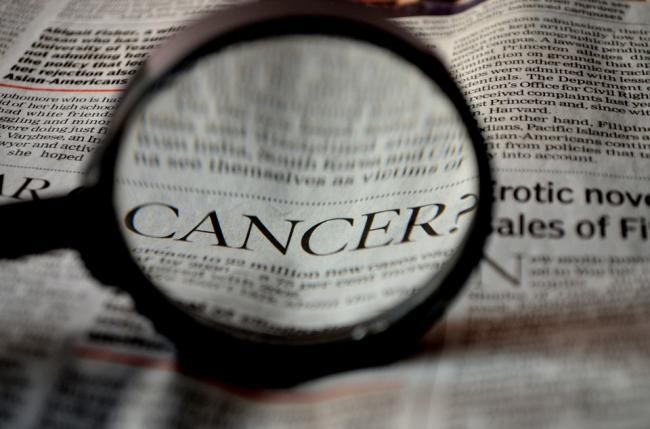
Study supports ability of regular aspirin use to reduce liver cancer risk
New York, Oct 7 (IBNS): The results of a study led by Massachusetts General Hospital (MGH) investigators support evidence from previous studies suggesting the regular use of aspirin can reduce the risk of developing primary liver cancer – also called hepatocellular carcinoma (HCC).
Their report analyzing data from two long-term epidemiologic studies appears in JAMA Oncology and finds that regular aspirin use – taking two or more 325 mg tablets a week for five years or more – led to a significantly reduced risk of developing HCC, which is the second leading cause of cancer death worldwide.
“Regular use of aspirin led to significantly lower risk of developing HCC, compared to infrequent or no aspirin use, and we also found that the risk declined progressively with increasing aspirin dose and duration of use,” says Tracey Simon, MD, a research fellow in the MGH Division of Gastroenterology, lead author of the report. “Since regular aspirin use carries the risk of increased bleeding, the next step should be to study its impact in populations with established liver disease, since that group is already at risk for primary liver cancer.”
While HCC is relatively rare, its incidence in the U.S. has increased over the past 40 years and mortality rates have accelerated faster than those of any other cancer. The primary risk factor for HCC is cirrhosis – which can be caused by Hepatitis B or C infection, alcohol use disorder or nonalcoholic fatty liver disease.
HCC usually is diagnosed at a late stage, leading to an average survival time of less than a year.
Aspirin is known to block the production of inflammatory lipids that can lead to liver injury, and while some previous studies have suggested that regular use could help prevent HCC, information on the optimal dosage and required duration of treatment has not been available.
The research team examined more than three decades of data collected as part of the Nurses’ Health Study and the Health Professionals Follow-up Study, which have compiled comprehensive health data on more than 170,000 participants since the 1980s.
As part of the biennial questionnaires, participants were asked whether they took aspirin on a regular basis, how many standard-dose (325 mg) tablets they took a week and for how long. Information on HCC diagnosis was also compiled from the questionnaires and from the National Death Index of the National Center for Health Statistics.
Among the more than 133,300 participants whose data was analyzed – more than 45,800 women and 87,500 men – regular aspirin use, defined as two or more standard-dose tablets a week, led to a 49 percent reduction in the relative risk of developing HCC.
Among those taking aspirin for five years or more, the relative risk was reduced by 59 percent.
Just as the risk reduction increased with longer duration of aspirin use, it also decreased if aspirin was discontinued, disappearing by eight years after aspirin use was halted.
Regular use of acetaminophen or nonsteroidal anti-inflammatory drugs like ibuprofen had no impact on HCC risk.
“The long duration of aspirin use could be necessary because primary liver cancer takes many years to grow. Aspirin may act at the earliest stages of cancer development, or even at precancerous stages, by delaying or preventing inflammation or liver fibrosis,” says Simon. “While it’s still too early know whether starting aspirin therapy might be an effective strategy to prevent HCC, efforts to understand the mechanisms behind these beneficial effects could help identify urgently-needed prevention strategies or biomarkers for a cancer that is a growing public health problem.”
Senior author Andrew Chan, MD, MPH, chief of the MGH Clinical and Translational Epidemiology Unitin the Department of Medicine and the Division of Gastroenterology, adds, “Aspirin use is already recommended for prevention of heart disease and colorectal cancer in certain U.S. adults. These data also add to a growing list of cancers for which aspirin appears to have anti-cancer activity, which could be a rationale for more patients to discuss an aspirin regimen with their physicians.”
Chan is a professor of Medicine at Harvard Medical School.
Support Our Journalism
We cannot do without you.. your contribution supports unbiased journalism
IBNS is not driven by any ism- not wokeism, not racism, not skewed secularism, not hyper right-wing or left liberal ideals, nor by any hardline religious beliefs or hyper nationalism. We want to serve you good old objective news, as they are. We do not judge or preach. We let people decide for themselves. We only try to present factual and well-sourced news.







